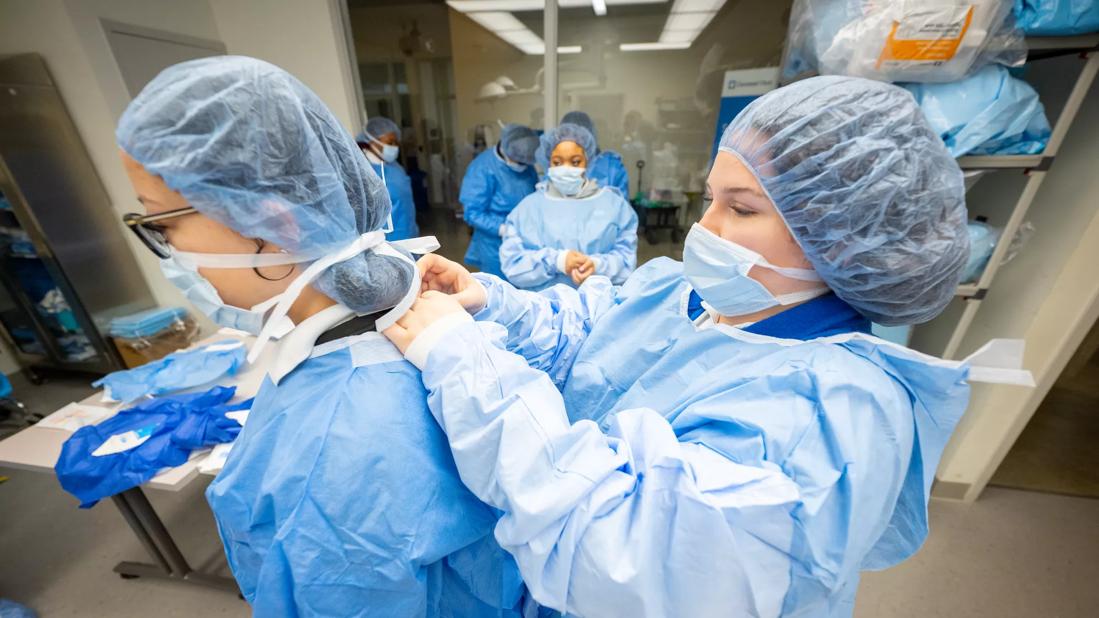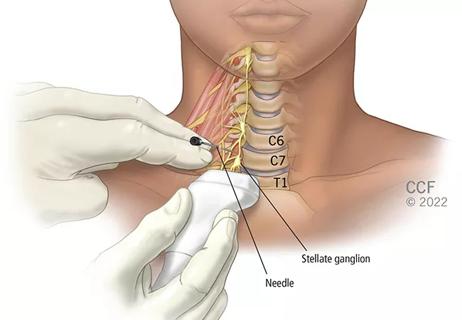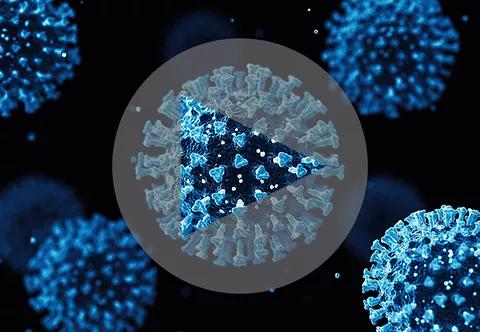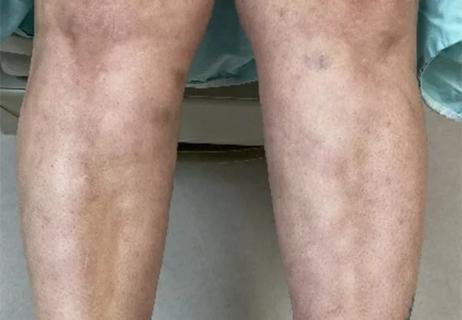Local nursing faculty help with training

As hospitals ramp up for the COVID-19 surge, Cleveland Clinic’s Nurse Leadership has been working nonstop to ensure its hospitals have a robust staffing model to handle the increased need for acute care nurses. In mid-March, Nursing Education leaders launched an immersive training experience for ambulatory and perioperative nurses to help care for COVID-19 patients. Education and Professional Development Associate Chief Nursing Officer Joan Kavanagh, PhD, RN, NEA-BC, sent a letter to the deans and directors of Northeast Ohio schools of nursing asking if their faculty would be available to work side-by-side with Cleveland Clinic practice educators to help cross-train nurses for the COVID-19 crisis. The very next day 19 nursing faculty came forward to volunteer their time as trainers. For the past several weeks training has been taking place seven days a week, starting at 7 a.m. each day.
Advertisement
Cleveland Clinic is a non-profit academic medical center. Advertising on our site helps support our mission. We do not endorse non-Cleveland Clinic products or services. Policy
“It is all-hands on deck today with the COVID-19 pandemic, and it has been amazing to see the speed with which everyone responded,” says Kavanagh. “We are moving to a team-based nursing model, with our goal being to ramp up care as quickly and safely as we can to meet the surge.”
As of April 19, more than 4,100 ambulatory and perioperative nurses have been cross trained to provide care in the inpatient area in med-surg and critical care. Outpatient Patient Service Specialists were also a part of the effort, with 157 participating in health unit coordinator training to provide assistance to inpatient med-surg units.
Nursing Education put together an immersive training program with the help of the simulation and resuscitation team, with simulated skills stations at four Cleveland Clinic locations, including its main campus.
“The training is tailored to meet each nurse’s learning needs,” says Cindy Willis, DNP, MBA, RN, Senior Director of Nursing Education. “At the start of training, nurses are asked to do a self-assessment indicating their competency and confidence level on various med surg and critical care skills. Then, with the help of our instructors, they spend time practicing in simulated skills stations so they can gain hands on experience and competency.”
Participants take an RN Skills course and a Critical Care Skills course, which includes IV starts, central line care, blood draws, donning and doffing with personal protective equipment, ventilator care, rapid sequence intubation, operation of mechanical compression devices, pronation, codes for COVID+ patients, managing care and more. The skills training is complemented by online training modules that the nurses are assigned to complete during the workday as well as a comprehensive skills resource packet and additional online resources.
Advertisement
“We have so much respect for our ambulatory and periop nurses who are highly skilled and bring a wealth of knowledge with them,” says Lisa Baszynski, MSN, RN, NE-BC, Senior Director of Ambulatory Nursing. “It has been great to watch the nurses helping each other. When one has more experience at something, they guide others so they can gain more confidence as they practice their skills.”
Following this immersive experience and achieving competencies, each nurse partners with an inpatient nurse on a unit to put their skills in context to gain real hands-on experience. “We want to get them partnered with a clinical nurse expert on the unit floor as soon as possible so they can practice what they’ve learned and begin providing critical care services,” says Willis.
“This is all about supporting our nurses so they can continue providing extraordinary nursing care during this extraordinary time,” says Kavanagh. “We are really proud of this team of teams we are building. Now, and as we hope for the best and prepare for the worst, we can flex up or down with a prepared workforce depending on the needs to come.”
Kavanagh notes that the Nursing Education team is doing all this training in addition to other work supporting COVID-19 efforts, including new IV pump roll-out education, pronation classes and Covid+ codes, as well as the normal onboarding of new nurse caregivers.
“I am so proud of our senior directors for their extraordinary leadership and putting this training together so quickly,” says Kavanagh. “And we feel that it is such a gift that our academic colleagues in Cleveland are joining us in this effort. We’re all in this together and it really shows the strength of our community.”
Advertisement
She adds, “Thanks to all of our nurses who are serving our patients during this critical time. We are nurses and this is what we are called to do. We are truly working like a family to support each other.”
Advertisement
Advertisement

Patients report improved sense of smell and taste

Clinicians who are accustomed to uncertainty can do well by patients

Unique skin changes can occur after infection or vaccine

Cleveland Clinic analysis suggests that obtaining care for the virus might reveal a previously undiagnosed condition

As the pandemic evolves, rheumatologists must continue to be mindful of most vulnerable patients

Early results suggest positive outcomes from COVID-19 PrEP treatment

Could the virus have caused the condition or triggered previously undiagnosed disease?

Five categories of cutaneous abnormalities are associated with COVID-19